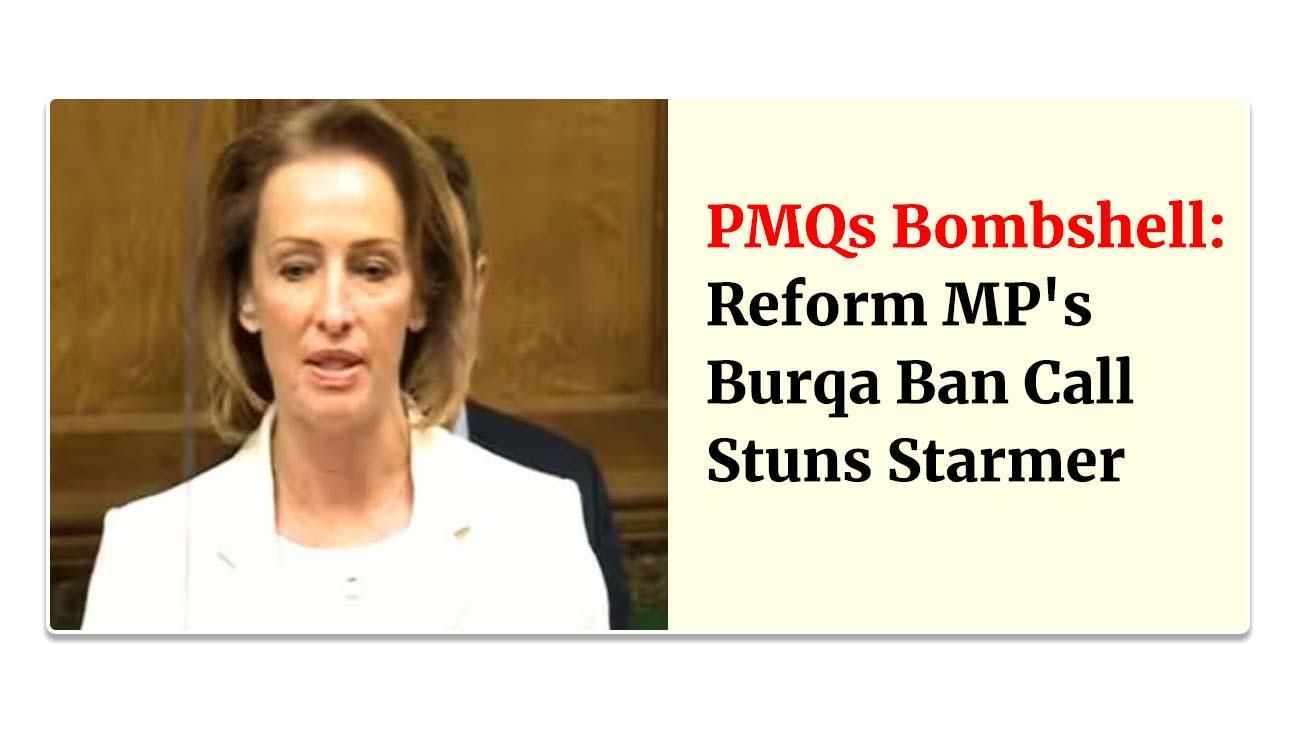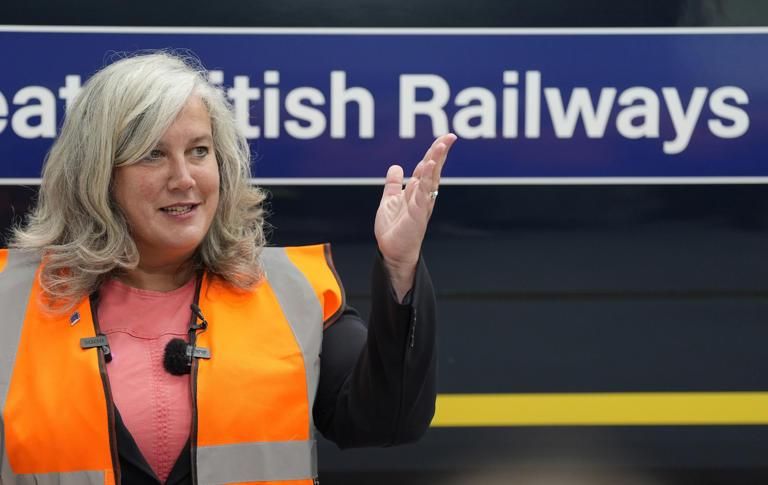A familiar and unsettling debate has once again cast a shadow of anxiety over British Muslim communities, as calls for a ban on the burqa resurface within the political landscape. The issue, reignited on Wednesday by newly elected Reform UK MP Sarah Pochin during Prime Minister's Questions, has sparked outrage, concern, and a renewed sense of unease among a significant segment of the UK population, Daily Dazzling Dawn understands.
Britain has a long and intricate journey and history with its Muslim citizens. For centuries, Muslims have contributed to the fabric of British society, shaping its culture, economy, and intellectual landscape. According to the 2021 Census, just under four million Muslims reside in the UK, making Islam the second-largest religion in the country. This vibrant and diverse community, representing various ethnicities and backgrounds, has woven itself into the national tapestry, building mosques, establishing businesses, and enriching public life.
The burqa, a garment worn by some Muslim women, covering the entire face except for the eyes, is a deeply personal and religious choice for those who observe it. It is understood by many as an expression of piety, modesty, and devotion, stemming from interpretations of Islamic scripture. For many, the burqa is a personal decision to adhere to a stringent interpretation of these principles.The re-emergence of this issue has caused significant anxiety and stress within British Muslim communities. The call from Ms. Pochin, who asked whether the Prime Minister would "follow the lead of France, Denmark, Belgium and others and ban the burqa" in the "interests of public safety," has been met with both support and condemnation. Reform UK's chief whip, Lee Anderson, further fueled the debate by publicly stating on social media, "Ban the burqa? Yes we should."
Despite these strong statements from its MPs, a Reform UK spokesman maintained that a ban was "not party policy but we need a national debate, which is what the House of Commons is for." However, the reposting of Ms. Pochin’s clip by Reform UK leader Nigel Farage suggests a strong sympathy for the policy within the party's leadership.
This is not the first time the issue of the burqa and face coverings has surfaced in the UK. The debate gained significant traction in October 2006 when then-government minister Jack Straw commented that he preferred women remove their niqab (face veil) when speaking to him. Since then, various politicians and groups have periodically called for bans or restrictions, with UKIP having a policy to ban full-facial coverings since 2010. A parliamentary petition to ban the burqa also garnered attention in 2013, though the government at the time stated it did not support a general ban, emphasizing freedom of choice while acknowledging circumstances where face coverings might be inappropriate.
For British Muslims, particularly women who choose to wear the burqa, the renewed debate feels like a direct challenge to their religious freedom and their sense of belonging in a country they call home. The emphasis on "public safety" as a justification for a ban, despite a lack of empirical evidence linking the burqa to increased risk, can feel deeply isolating and stigmatizing. It raises concerns about potential discrimination, harassment, and the erosion of multicultural understanding. The stress of being a visible minority, subject to such public scrutiny and debate over deeply held personal choices, is immense. Many feel compelled to defend their faith and identity, fostering a sense of being constantly under examination.
As the political discussion continues, British Muslim communities will be closely watching, hoping that the conversation will move beyond simplistic calls for bans and instead embrace a deeper understanding of religious freedom, individual choice, and the rich tapestry of identities that make up modern Britain.
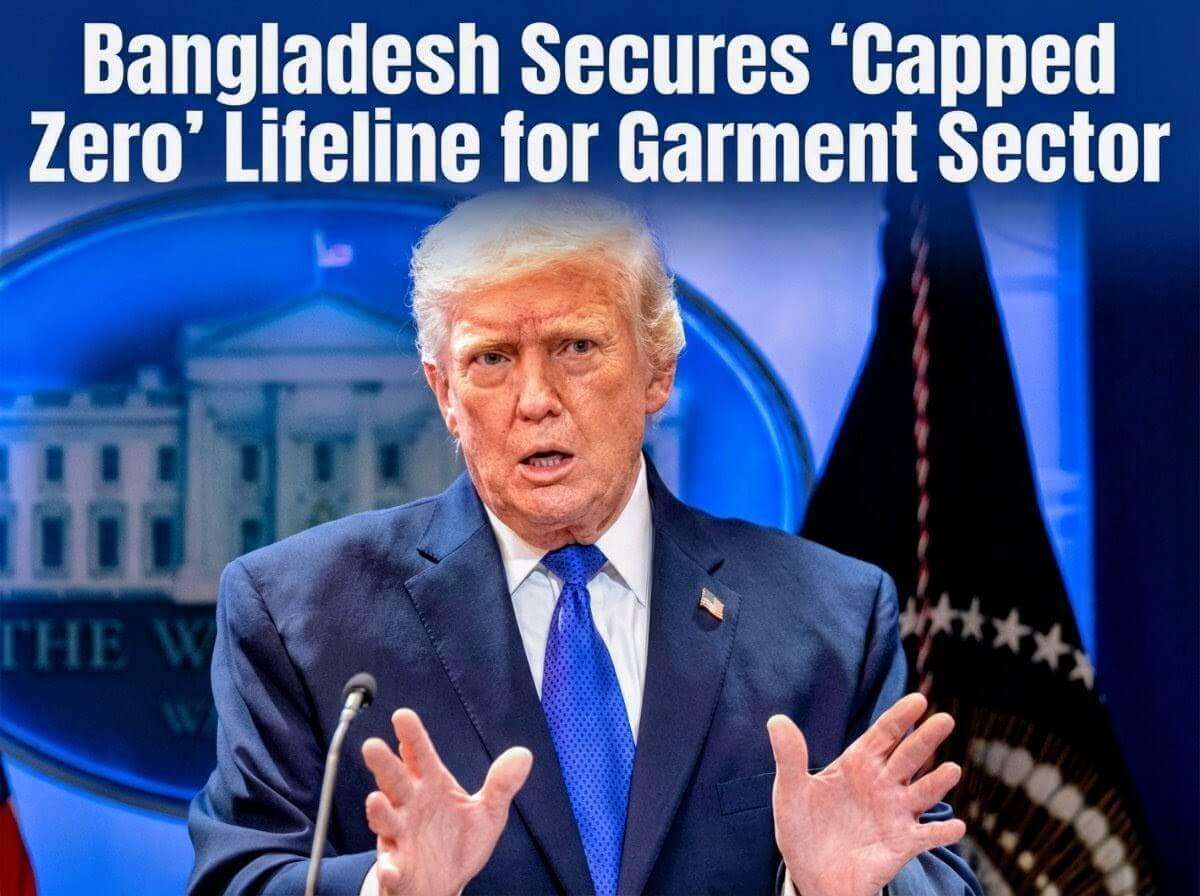
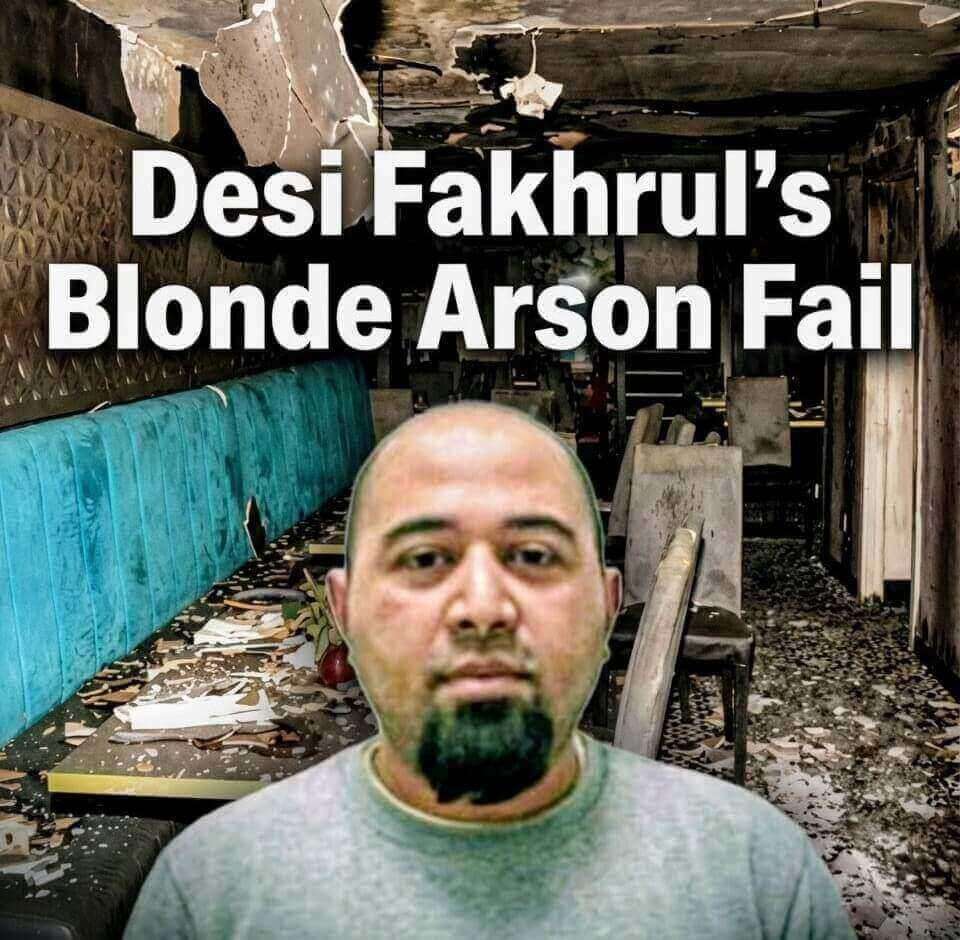
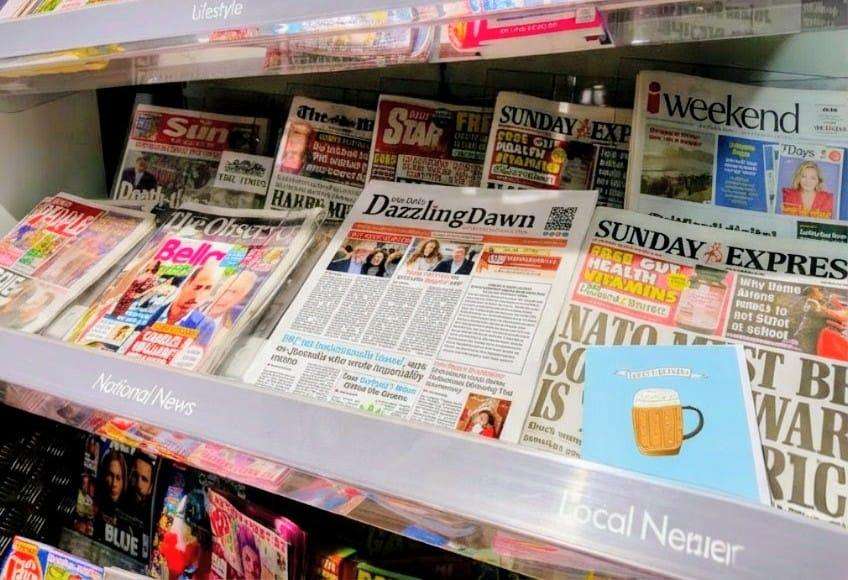

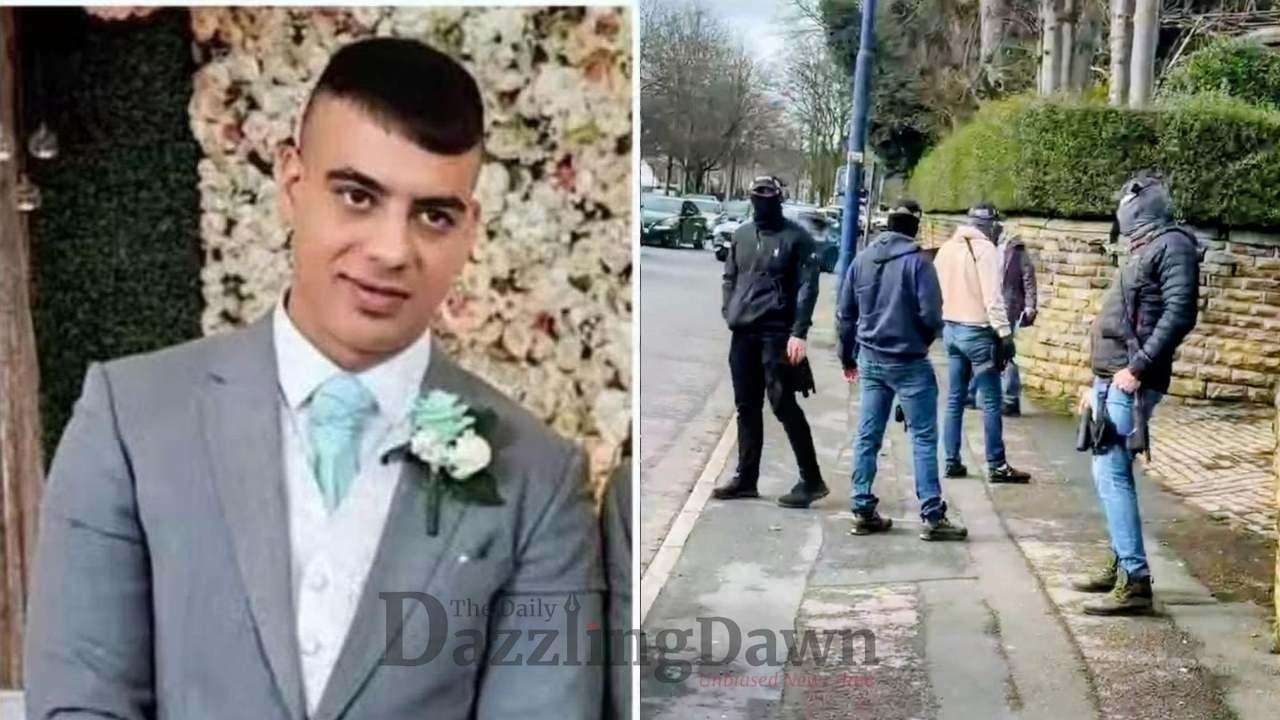


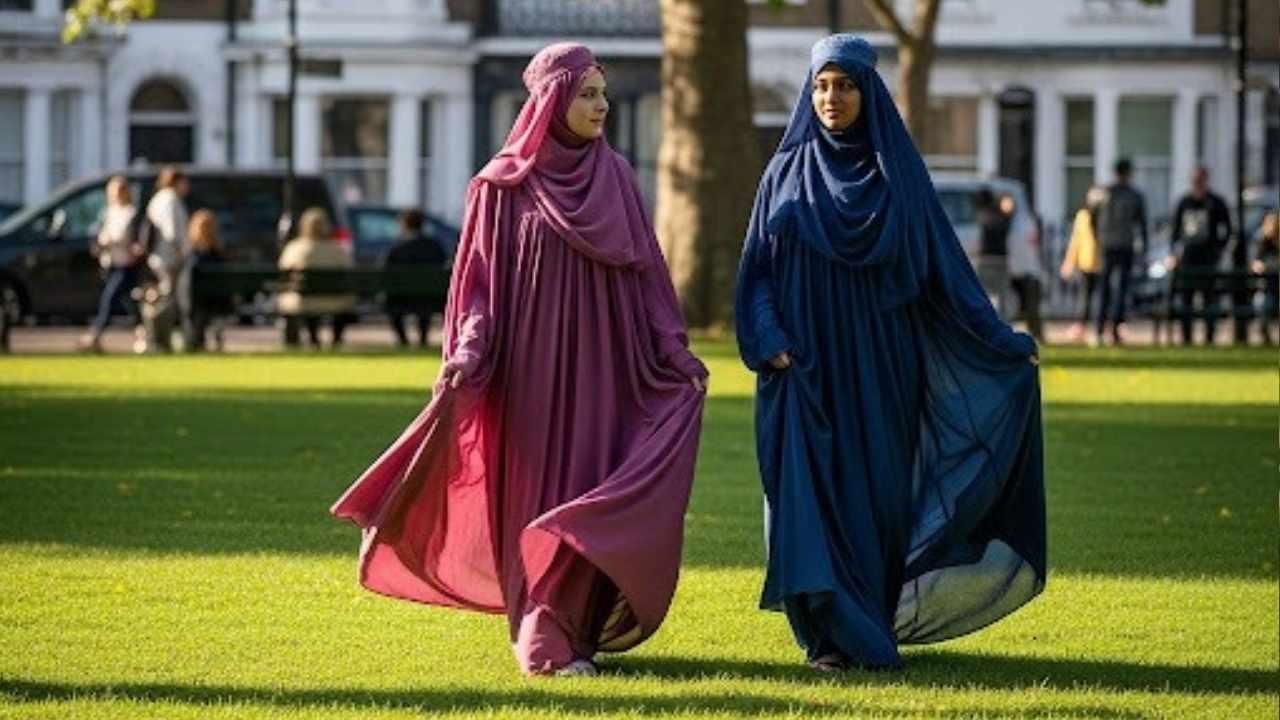
.svg)

